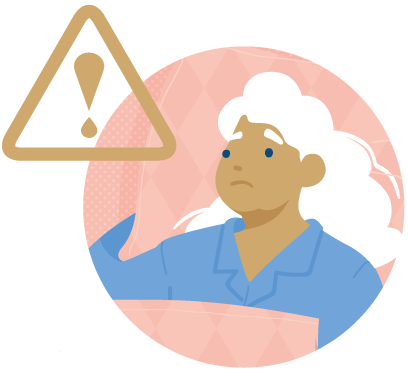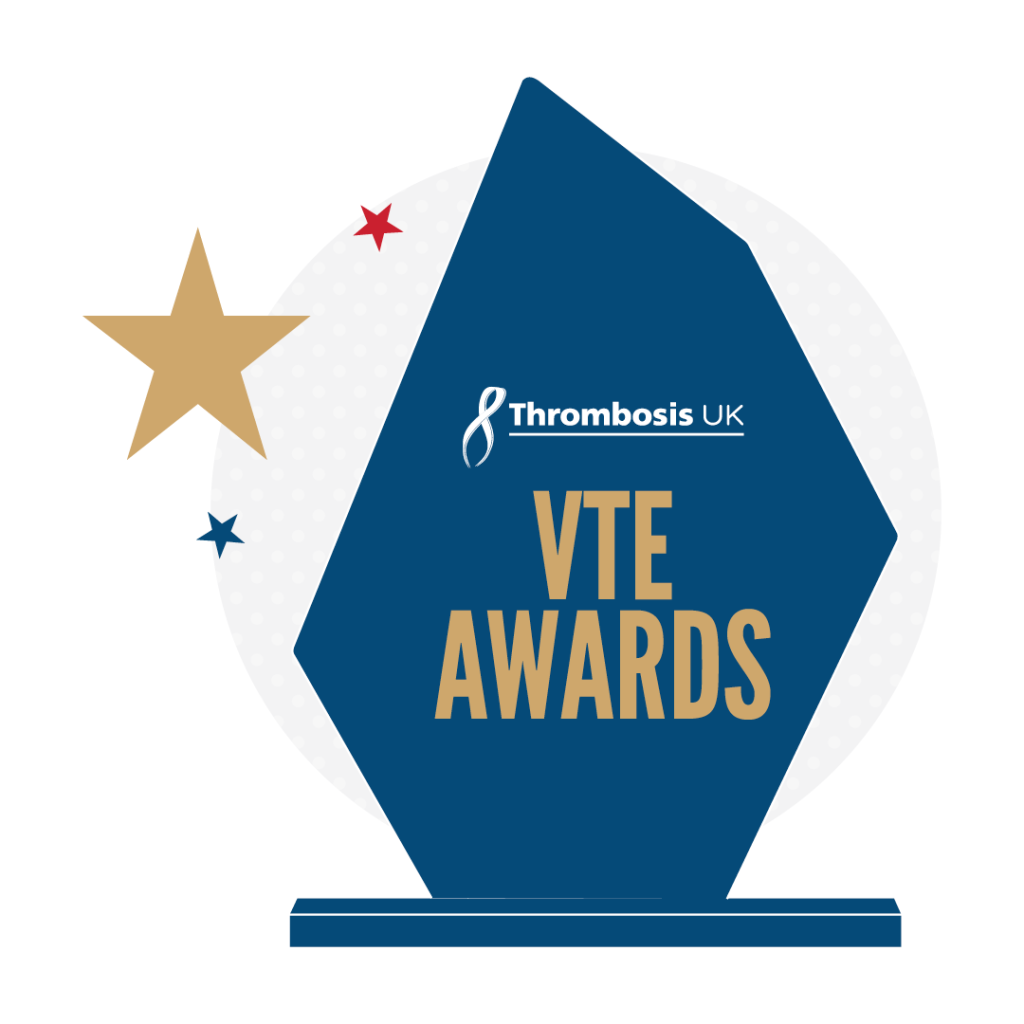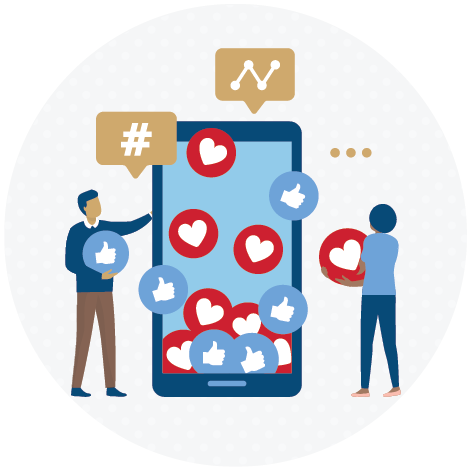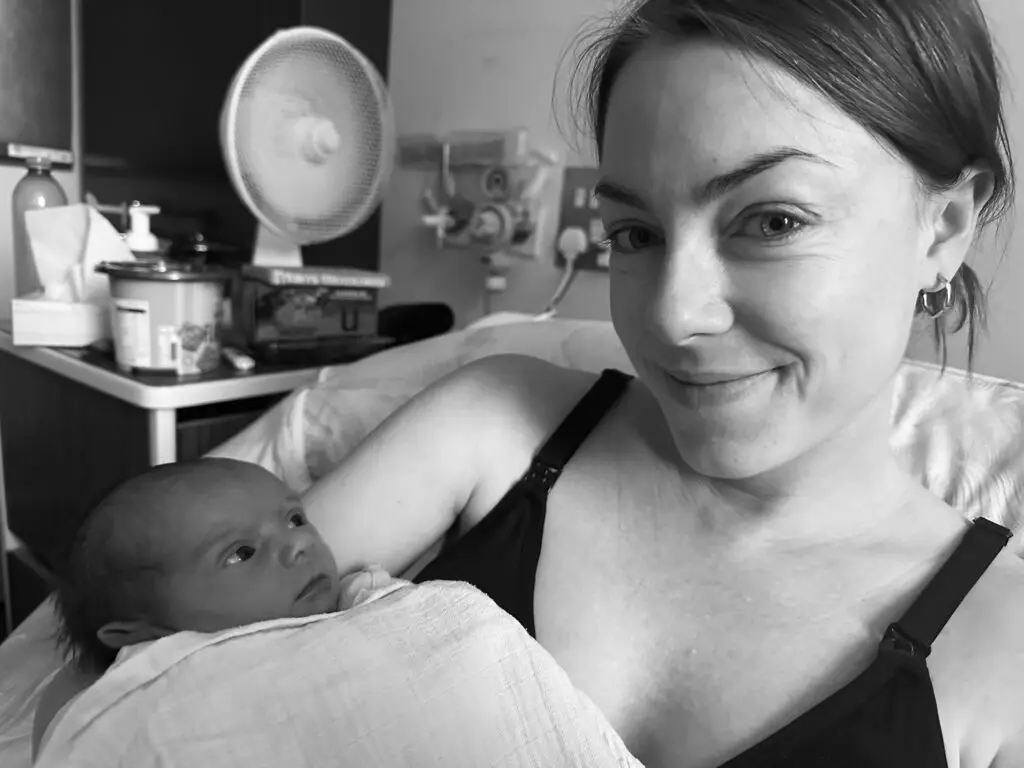Katie, 33 a mum of one, began experiencing headaches a week after delivering her first baby and put it down to the pre-eclampsia symptoms she was still experiencing post delivery and was being treated for in hospital. She was diagnosed from hospital and the headaches worsened 14 days after delivery and became really severe, to the point Katiewas barely able to talk and wasn’t able to look after her newborn without additional support.
As she was breastfeeding, her options for pain relief were limited and she called the post maternity ward to ask for advice on pain relief. She was advised she was experiencing the headaches due to the exhaustion of becoming a new mum and was prescribed a pain relief drug called Co-dydramol, which is safe in breastfeeding. After a routine check of blood pressure medication at the hospital, she mentioned her bad headaches again to the doctor. She was advised to make an appointment with the GP to discuss the headaches. The hospital doctor listened to her headache symptoms spreading across her head and her face and looked in her ears and diagnosed an ear infection where she was prescribed antibiotics and ear spray. The following day she attended a GP appointment where the GP didn’t agree she had an ear infection but advised to continue taking antibiotics and pain relief as and when required.
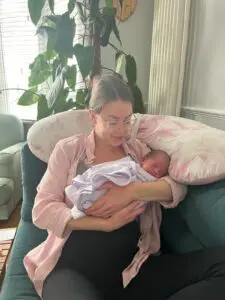
During this time, alongside the severe headaches, Katie experienced a number of neurological episodes where she lost control of her hand for a couple of minutes, experienced severe pins and needles across one side of her face and tongue and when trying to speak her words were all muddled.
A few days later she had to return to the hospital to request another prescription of the co-dydramol, due to the previous prescription being incorrectly written with only enough pain relief medication prescribed to last a few days. This was genuinely the moment her life was saved as a diligent hospital doctor was not happy with the headaches she was experiencing and referred her to neurology for an MRI scan. She had to be readmitted to hospital without her baby for the scan to take place in one of the emergency slots and the following day had the MRI scan.
The results showed severe blood clots of the right hand side of her brain and she was diagnosed with a rare condition called cerebral venous sinus thrombosis (CVST) and prescribed blood thinning medication immediately.
One year on and Katie is still taking blood thinners as the blood clots are still present on her brain. She has been advised that as long as the clots remain stable and further clots do not develop, she will go on to lead a normal life.

Katie says,
“When I experienced the neurological episodes my first thought was of the FAST TV advert and I thought having a stroke.
“It’s a strange feeling being in your early thirties being diagnosed with blood clots as I just assumed blood clots happen to those later in life but my experience has really shed a light that anyone can experience blood clots and it can literally save your life to know the symptoms.
The whole experience was terrifying and I went to a dark place thinking about a future for my daughter without her mother. I am so thankful to the diligent doctor that took my headaches seriously and I think I owe her my life!”

